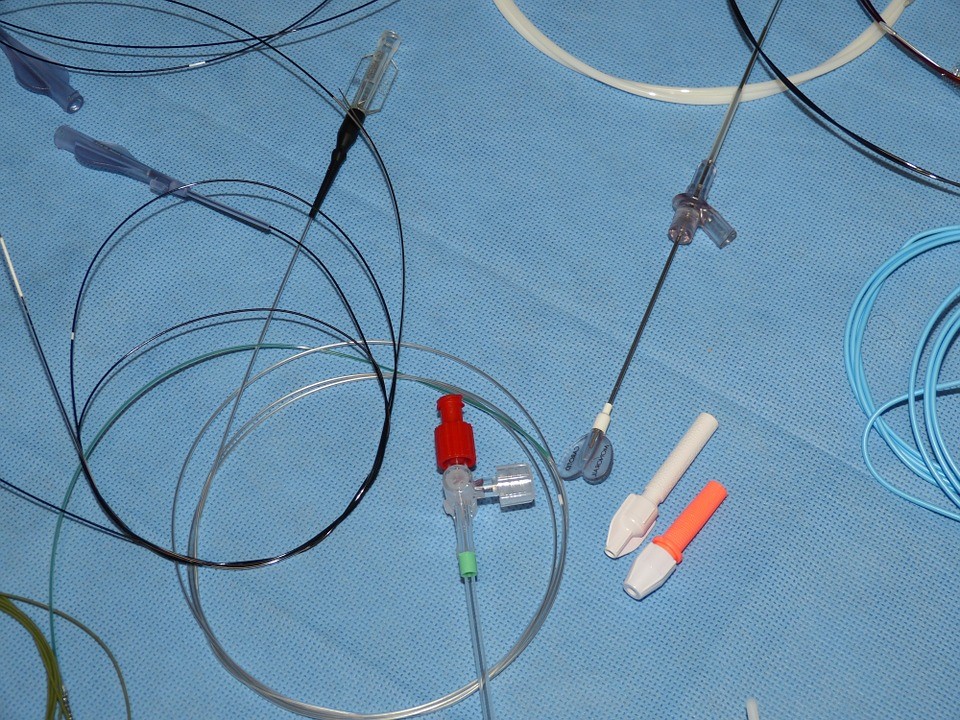What You Need to Know If You Must Live with a Catheter

Do you happen to live with a catheter? If you are new to this, it may seem like a pretty bad situation to be in, but the thing is, it truly will get better over time since using a catheter comes with a learning curve. When it comes to an initial period, using a catheter can be pretty tricky, and it does take some time to get used to it. Don’t worry, though; eventually, you’ll learn how to manage and live with one, making the best of the situation.
All of that being said, certain tricks can help with the whole process and prevent some of the problems that come with catheter use, and that’s where this article comes into place. In this article, we are going to tell you everything that you need to know regarding living with a catheter.
All the Necessary Equipment
There are a lot of different options when it comes to catheter equipment. But when it comes to finding the right catheter supplier, it all boils down to doing your research regarding the type of catheter you have, as well as consulting with your doctor. Generally speaking, catheter equipment is pretty easy to find. Now, when it comes to types of catheters, the two most common ones are intermittent catheters and indwelling catheters.
Intermittent catheters
An intermittent catheter is the most basic option since such catheters are designed so that it can be used once and then thrown away. When it comes to how you should use them, this varies from person to person. In some cases, you would be advised to use them at regular intervals spaced evenly throughout the day, and in others only when you feel you need to go to the bathroom.
Indwelling catheters
An indwelling catheter is made to be used longer than intermittent ones. It can be drained in two different ways: either into a bag that’s attached to your leg with a tap at the bottom for the emptying, or they can be emptied into the toilet directly.
When should you empty and change it?
It is advised to empty the bag before it’s completely full. Valves should be used to drain urine at regular intervals throughout the day in order to prevent urine from building up in the bladder. Now when it comes to changing bags and valves – they should be changed every seven days. The catheter itself needs to be removed and replaced at least every three months. This is something that is strongly advised to be performed by a doctor or nurse.
Are you able to live a normal life?
Having a urinary catheter isn’t going to stop you from doing most of your usual activities. That being said, to understand how you should approach different situations like exercising, swimming, holidays and having sex, it’ll be best for you to consult with your doctor. But in order to assess the most commonly questioned topic, let’s talk about it in more detail.
Having intercourse
There is an urban legend that having a catheter prevents you from having regular intercourse, but this is just not true. If you happen to have an intermittent catheter or a suprapubic catheter, you should be able to have sex as if you didn’t have one at all.
Indwelling catheters can be more problematic for the fact that men need to fold the catheter along the base of their penis to cover them both with a condom, but considering the fact that that’s one of the biggest issues, you should understand that it really isn’t that big of a problem once you figure out what works for you best.
How can you prevent infections and other complications?
The thing that you need to be careful of the most is the fact that having a long-term urinary catheter increases your risk of developing urinary tract infections as well as blockages. But, don’t worry, these risks can absolutely be minimized if you are careful.
That being said, here’s what you have to do to prevent this – first and foremost, be sure to wash the skin in the area where the catheter enters your body every day. It goes without saying that you should wash your hands before and after touching the catheter equipment.
It’s also pretty essential for you to stay well hydrated! It helps your urine stay healthy, as well as avoiding constipation. Lastly, be sure to avoid any bends in the catheter and make sure any urine collection bags are always kept below the level of your bladder!

In the end, it all comes down to making the best of the whole situation for you to enjoy everyday life as much to the extent as if you didn’t have a catheter as possible. Of course, in order to overcome the situation, you must be vigilant, do your research, follow your doctor’s advice, and if you do so – everything really is going to end up good. Don’t worry; you can still live a normal life, so, just be careful, and go and live your life!

